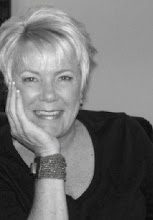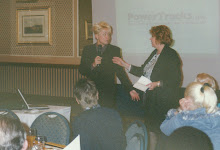Gianni is my beautiful and intelligent niece. Currently finishing up an undergrad degree before going onto her doctorate work in Psychology/Criminal Justice, Gianni reminds me that, sometimes, we all, even the ones making claims, need to be reminded of our own messages. In a recent email from my lovely niece, she recalled something I said to her many years ago …
She writes, “… you always told me that whatever I do in life, to make sure that I absolutely love it!! I think you called it something, anyway, you said I would know what it is when I get so wrapped up in it, that time seems to disappear, and I become transformed into this tunnel-vision that puts me on this whole other level. You told me that was my passion and I should follow it”.
She is writing about being in the state of flow. Author Mihaly Csikzentmihalyi defines and elaborates on this concept in his book, Flow: The Psychology of Optimal Experience. In flow, time is suspended and work is seemingly effortless. It also signifies that we are on the right track in doing what we are intended to do. Unfortunately, we sometimes find that our circumstances – or fears – keep driving us to work that we will never, ever be immersed in or committed to. This is a cautionary tale, then, for those who wish to jam square pegs into round holes as a means to simply make a living. If this is the case, optimal experiences will be few and far between and that certainly isn’t a life.
Why do so many avoid living in a flow state? It may be because of the perceived sacrifices this conjures, especially if the career you truly need produces a different lifestyle than you now enjoy. This is how the term, golden handcuffs, came about; people locked into jobs they dislike but do it because it generates a nice lifestyle. That’s fine if attaining a particular lifestyle is your only goal. I prefer, however, to believe people are looking for that right fit career where flow is not just an occasional experience but a lifetime of total immersion and governed by their own standards. As Mihaly Csikszentmihalyi (1990) wrote:
The solution is to gradually become free of societal rewards and learn how to substitute for them rewards that are under one's own powers. This is not to say that we should abandon every goal endorsed by society; rather, it means that, in addition to or instead of the goals others use to bribe us with, we develop a set of our own.
Executive Onboarding Note: The Importance Of The Confidence To Be Open To
Help
-
While executive onboarding, get help. If it’s offered, take it. If it’s not
offered, find it.
The post Executive Onboarding Note: The Importance Of The C...
7 years ago



